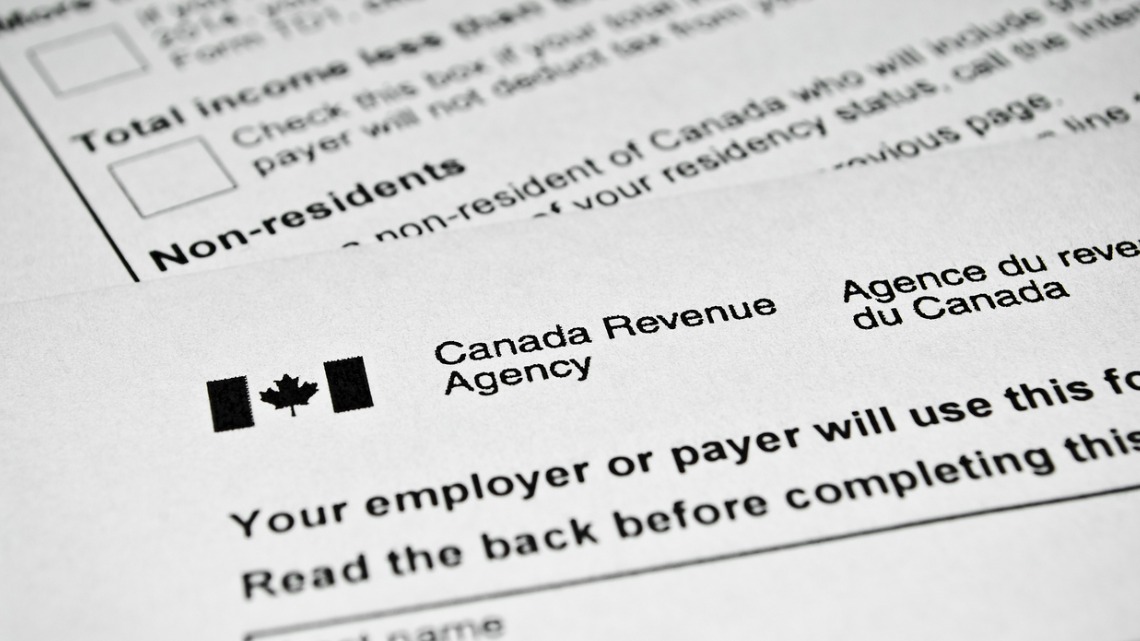Budgeting: it’s not as scary as it sounds… and it is a really simple concept.
A budget will show your income every month and details of how you spend your money. It is your decision as to whether it can be a simple process or a much more complicated one.
Your first step to maintaining a successful budget is to keep a daily record and monthly summary of what you are purchasing, and how much it costs. We recommend that you continue with this discipline for a period of at least six months to one year.
To start a temporary budget, it is helpful to review your last three to six months bank statements, utility bills, and credit card statements. Gather all your paperwork, and start recording on a spreadsheet:
- Identify your household income, including child tax credits, universal credits.
- Use your bank statements to identify the ‘primary regular monthly’ payments for your mortgage, house taxes, rent, car payments, insurance for house and car, life insurance and daycare.
- Afterwards, move on to your telephone, cable, internet, gas, hydro, water, house alarm, gas for the car, parking, credit card usage payments.
- Don’t forget your family essentials such as food, clothing, savings, RRSPs, etc.
- Pay yourself first!
If you find you have more money going out than coming in each month, there are two ways to bring your budget back to reality: increase your income or reduce your expenses.
We all know how to increase our income, however, it’s not always possible. But how do we reduce our expenses? Here are a few helpful tips you may want to explore:
- Move to a smaller house or apartment, take in a border or roommate, or if possible, move in with family.
- Speak to your banker, credit card companies and negotiate a lower interest rate.
- You should start reducing your non-essential expenses, such as cigarettes, alcohol, lunches, coffees, and gifts. It is amazing how much money you will begin to save.
- Buy a coffee maker and a travel mug, make your own coffee each morning, instead of buying it. A medium coffee at Tim’s will cost $1.70 per day, depending how many times you visit, that’s a savings of $11.90 per week, or $47.60 per month, and $571.20 per year!
- Also, consider making a larger dinner, and bring the extra portion to work the next day, instead of buying your lunch.
- Review your internet usage, decrease your cable network, request basic cable. Do you honestly watch all those channels?
- Eliminate services on your cell phone, such as call display, or call forwarding, cut your long distance by calling over your computer, using a free service, 1 – 800 numbers.
- Prepare an itemized list for grocery shopping, and – make sure you are not hungry! Cut your food bill, by shopping for perishables two or three times a week, instead of buying huge quantities weekly which may lead to wasted dollars on food that goes bad.
- Do your own housecleaning, gardening, and keep the children’s toy purchases to a minimum.
- Mix and match your wardrobe regularly, and keep your clothing clean and fresh, to provide them with a longer life.
Seems daunting? Intimidating? Not if you try THREE budget cuts per week. Less stressful, and easier to manage.
Reducing your expenses, and reducing your debt load, on your own, or with our assistance, will provide you with the breathing space you need to make the required adjustments for a savings plan and reduction of expenditures, so that you can move forward to a more balanced financial future.
This article has been prepared for the general information of our clients. Specific professional advice should be obtained prior to the implementation of any suggestion contained in this publication.





